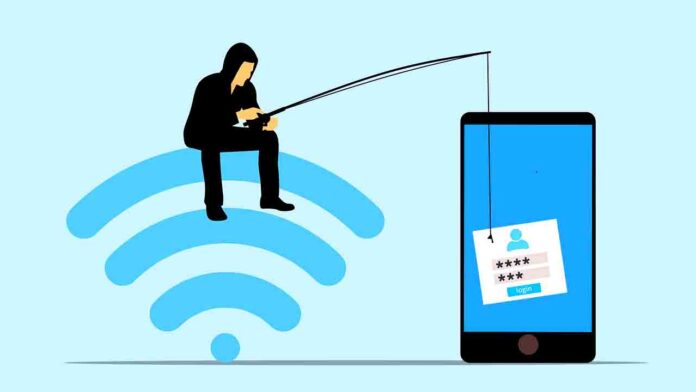Is Your WiFi Gateway Guarded? How to Identify Signs of a Hacked Router
Nobody likes a gatecrasher, especially if that gate happens to be your internet connection. In the digital realm, your WiFi router is that gate, and when intruders breach its virtual walls, things can get messy. But can one know if there has been a compromise? We’ve got the. This comprehensive guide will arm you with the knowledge of signs of a hacked WiFi.
In the Beginning – Unfamiliar Devices and Speeds
You’re comfortably streaming your favorite show or playing an online game, and suddenly, lag strikes. Could it just be a bad internet day, or could there be lurking shadows in your WiFi?
Your Devices: The First Line of Defense
Your devices often bear the brunt of a hacking attack and act as the first indicators of trouble. Watch out for these signs:
- Excessive data usage on your home network.
- Unanticipated pop-ups on your device browsers.
- Erratic performance from smart home devices.
While they may seem innocuous, these signs can point towards an unwelcome visitor using up your bandwidth or potentially worse, trying to gain access to your personal data.
Your Internet: The Second Line of Defense
The next line of defense is dependent on how your net behaves. Unusually slow internet performance can be a sign someone is stealing your WiFi. Frequent connection drops may also signal a hacked router.
Remember, not every slow day with your internet connection is indicative of a hack. Sometimes, it’s plain network congestion or your service provider having a bad day.
Diving Deeper – Unfamiliar IP Logins and DNS Changes
While checking device behavior and internet performance are good screening measures, you’ll need to dive a little deeper for more definitive signs of a hacked router.
Unfamiliar IP Logins
Most modern routers show you a list of devices that are currently or were previously connected, often revealing the IP addresses. Accessing this log can give you a direct answer whether unfamiliar devices are using your WiFi unwillingly. Remember to change default passwords on your router to prevent unauthorized access.
DNS Changes
A classical hacking strategy involves changes in the DNS (Domain Name System) settings of your router to redirect your traffic. If unaware, you might be sharing your sensitive information without even realizing it! Make it a habit to check DNS settings periodically.
Securing Your Future – Regular Updates and Strong Passwords
Having identified the signs of a potential hack, it’s necessary to strengthen your defenses to prevent a future occurrence.
Embrace Software Updates
Many people grumble about frequent software updates and choose to ignore them, yet these updates often include critical security upgrades. Make sure to keep your router firmware current.
Strong Passwords and Encrypting Your WiFi
Using strong, unique passwords and enabling WPA2 or WPA3 encryption provides another layer of hardiness to your WiFi network.
Conclusion: Stay Vigilant and Prepared
Noticing unusual device behavior, slow internet, unfamiliar IP logins, and DNS changes are all potential signs that your WiFi router may have been hacked. Adopting good practices such as regular software updates, changing default passwords, and enabling encryption shield you from unwelcome digital interruptions.
Ask yourself today, is your WiFi gateway truly guarded? Be vigilant, be prepared, and ensure that your router remains hack-free, guaranteeing a smooth digital ride.

